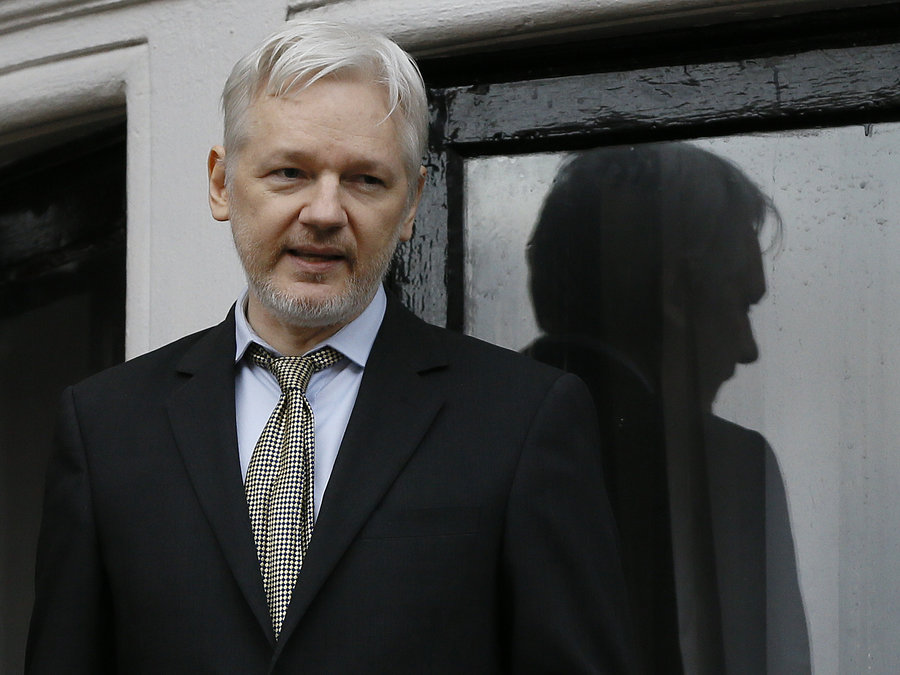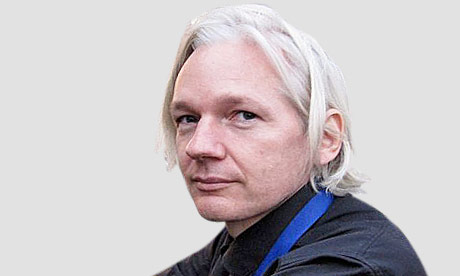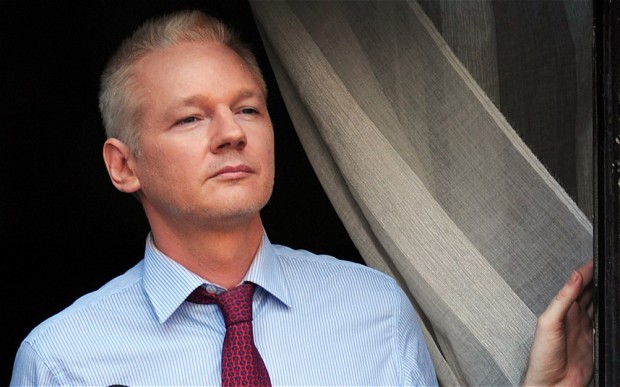Amazing that with all the contact between the Trump campaign and the Kremlin during the election, Wikileaks gathered no information on the subject. Not one iota. Nor was there anything about Mike Flynn’s untoward overseas ties. Perhaps its relying too much on Russian hackers for its information?
WikiLeaks’ modus operandi over the last couple of years probably wouldn’t have been markedly different if it were in the hands of Paul Manfort rather than Julian Assange, so it’s not surprising the organization recently leaked a trove of (apparently overhyped) documents about CIA surveillance just as Trump was being lambasted from both sides of the aisle for baselessly accusing his predecessor for “wiretapping.”
The timing is familiar if you recall that WikiLeaks began releasing Clinton campaign emails directly after the surfacing of a video that recorded Trump’s boasts of sexual assault. With all this recent history, is it any surprise Assange mockingly described himself as a “deplorable” when chiding Twitter for refusing verify his account?
Whistleblowers are often a godsend to a society, but not all leakers are born equal.
On the day it was revealed that Sweden has dropped its sexual-assault investigation of Assange (which doesn’t mean he’s innocent), Michael Sontheimer and Jörg Schindler of Spiegel published a Q&A with a man who’s bothersome–or far worse. An excerpt:
Spiegel:
You don’t care if WikiLeaks influences the outcome of elections?
Julian Assange:
WikiLeaks is made up of human beings who have different political views. But we cannot undermine our publicly given commitments, our publicly stated principles.
Spiegel:
And these principles require that you publish authentic documents as quickly as possible, regardless of who benefits or is damaged?
Julian Assange:
That’s our current policy, which might be changed under extreme circumstances.
Spiegel:
What sort of circumstances?
Julian Assange:
If we were on the brink of a nuclear war and a WikiLeaks publication could be misinterpreted, then it would make sense to delay the publication.
Spiegel:
You didn’t delay the publication of the material which harmed Clinton.
Julian Assange:
We are not in this business for likes. WikiLeaks publishes documents about powerful organizations. WikiLeaks always will always be the bad boy.
Spiegel:
What do you have to say to people who accuse WikiLeaks, among others, of being responsible for Donald Trump’s election as U.S. president?
Julian Assange:
WikiLeaks revealed the dirty tactics of the Clinton campaign. Some voters took it in. It was their free choice to do so. That’s their right. That’s democracy.
Spiegel:
As secretary of state, Clinton sought to take action against WikiLeaks. Was the publication of Democratic Party documents a kind of vendetta?
Julian Assange:
That is U.S. East Coast psychobabble. The reason that WikiLeaks follows its principles is because one man has a problem? No! But here is some historic irony behind it. Clinton was involved in putting our alleged source Chelsea Manning in prison. There seems to be some natural justice.
Spiegel:
You derived satisfaction from her loss?
Julian Assange:
. . .
Spiegel:
You are smiling.•



